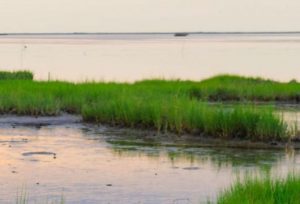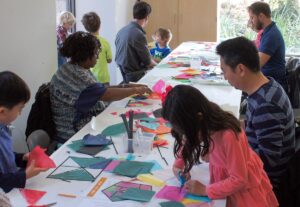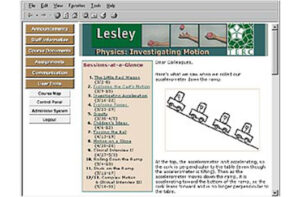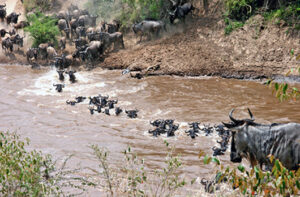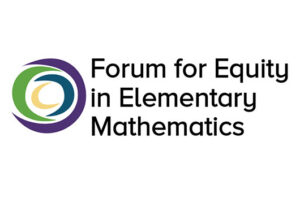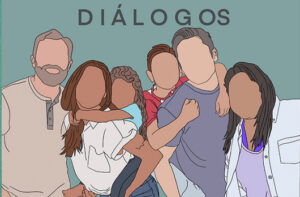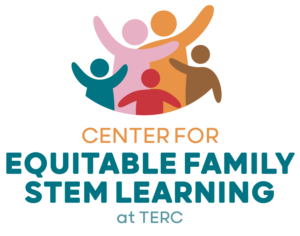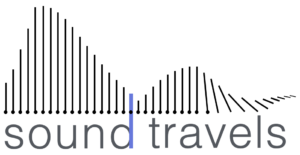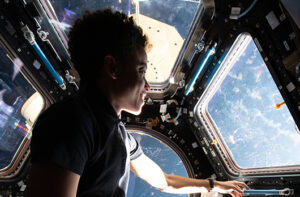What Do The Ecologists Get From An Innovative Mentoring Program With High School Teachers?
Brian Drayton and Joni Falk
Bulletin of the Ecological Society of America, Vol. 78, No. 4, pp. 256-260
Summary
Scientists generally believe that they should be seriously concerned with science education, which is vital to the continued good health of science as an enterprise. This concern is shown in many ways, from the establishment of interest groups in professional associations (such as the Education Section of ESA, or the Teaching section of the Botanical Society of America), to participation in teacher training projects and the development of new curriculum standards. Although the focus of such groups tends to be postsecondary education, scientists have also be come more closely involved with precollege education. For example, the AAAS has shaped an influential national curriculum framework (AAAS 1993). Recently there has been an increased emphasis on teacher enhancement programs that connect classroom teachers with scientists (NRC 1996). Such programs have tended to emphasize short-term, highly structured interactions, such as summer classes on new advances in genetics, or the development of new curriculum materials. The careful structuring of such programs is in response to several well-known difficulties that arise in scientist-teacher relationships. First, the scientist and the teachers may speak different languages (Lemke 1993). Second, both the scientist and the teacher can usu ally spare little time from their primary work to take on a new effort. Third, what determines the content of the relationship? That is, will the content focus on the development of new pedagogical materials, or on the communication of recent findings in the field, or on strengthening teachers’ skills in one or another area of science?

Related People:
Brian Drayton and Joni Falk

